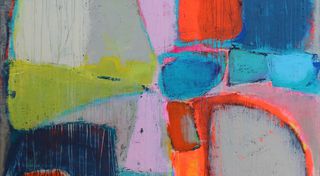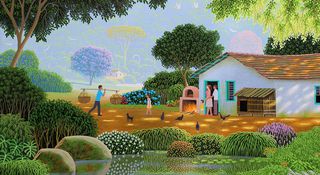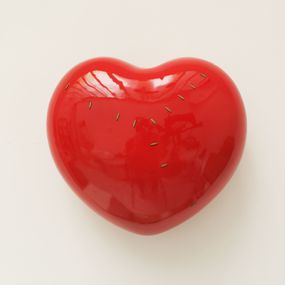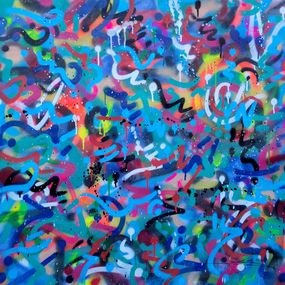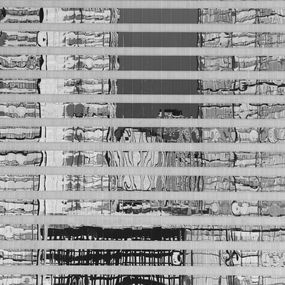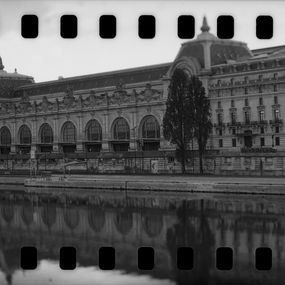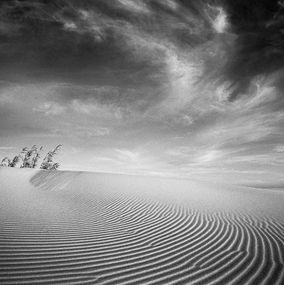
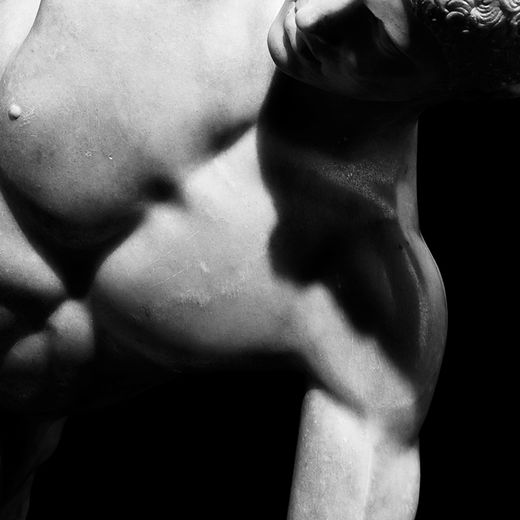
Biography
Was born in Reggio Emilia, Italy, in 1960.
In 1985, having visited some exhibitions planned for the Year of the Etruscans, he designed a “visual excavation" project in the places, cities and necropolises of the Etruscan civilisation.
In 1999, during an exhibition of his photographs at the Musée Reattu in Arles, France, Federico Motta Editore published the book “Etruria".
In 1992 he was appointed as photographer of the findings of the archaeological collection housed in the Marbles Gallery and Courtyard of the Civic Museums of Reggio Emilia. This first series of images triggered a long path of research into the Anatomy of Time, conducted in museums and archaeological sites in Italy and across Europe.
In 1995 he began a series of photographs – “The Borges Garden" – on the theme of the relationship between thereal and unreal, focusing on the collections housed in the halls of zoological museums.
From 1994 to 1996 he photographed the city of Arles, France.
In 1997, by appointment of the Musée Archéologique of Nice-Cimiez, he produced a photographic project of the local site.
In 1998, as part of the cultural exchange and twinning programme with Enzkreis in Germany, he was invited by the province of Reggio Emilia to photograph the Cistercian monastery of Maulbronn.
In 2002 he began to work with Fabrizio Orsi on a project about Luzzara, exactly fifty years after the publication of the book “Un Paese" by Cesare Zavattini and Paul Strand.
In late 2004 the book “Luzzara. Cinquant'anni e più.." was published by Skira Editore with a text by Luciano Ligabue.
In 2015 he exhibited the series “Herculaneum", dedicated to the Campania city ravaged by the eruption of Mount Vesuvius in 79 A.D., as part of the tenth edition of the European Photography festival in Reggio Emilia. His works have been exhibited in a number of personal and collective exhibitions in numerous cities around Europe, where his photographs are on show in museums and other institutions.
Nationality
Categories
Artistic movements
Themes
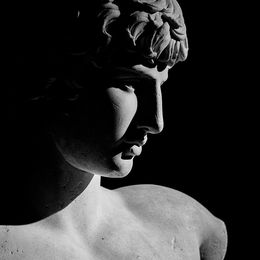
Marcello Grassi
Photography - 70 x 70 x 0.2 cm Photography - 27.6 x 27.6 x 0.1 inch
€2,200 €1,980
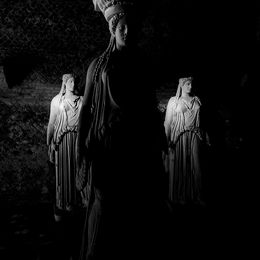
Marcello Grassi
Photography - 70 x 70 x 0.2 cm Photography - 27.6 x 27.6 x 0.1 inch
€2,200
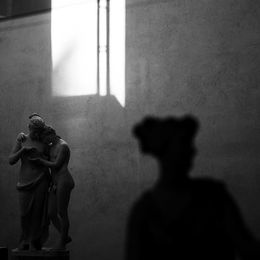
Marcello Grassi
Photography - 70 x 70 x 0.2 cm Photography - 27.6 x 27.6 x 0.1 inch
€2,200
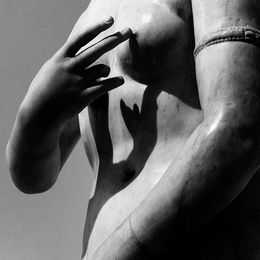
Marcello Grassi
Photography - 50 x 50 x 0.2 cm Photography - 19.7 x 19.7 x 0.1 inch
€1,550
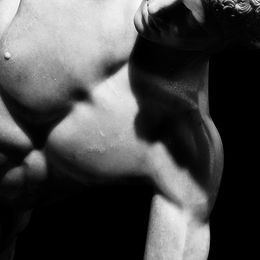
Marcello Grassi
Photography - 70 x 70 x 0.2 cm Photography - 27.6 x 27.6 x 0.1 inch
€2,200

Marcello Grassi
Photography - 150 x 150 x 0.2 cm Photography - 59.1 x 59.1 x 0.1 inch
€4,600

Marcello Grassi
Photography - 87 x 287 x 0.2 cm Photography - 34.3 x 113 x 0.1 inch
€5,770
